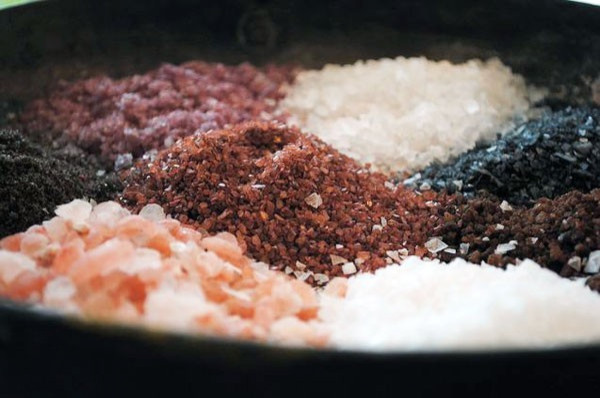Research Connects Heart Disease and Salt

Current European research poses a challenge to the well known fact that an increase in salt intake results to cardiovascular diseases.
These researchers from Poland and Belgium acknowledge that those who volunteered for the previous tests are white and are younger, thus leading to such results.
Through the tests involving urine sodium as medium and the 3,681 participants without cardiovascular conditions, experts discovered that lower levels of sodium elimination leads to deaths related to cardiovascular conditions while those with higher excretion of sodium does not incur much of cardiovascular conditions such as high blood pressure and other related complications.
The Journal of the American Medical Association published such study in its May 4 issue.
Dr. Katarzyna Stolarz-Skrzypek, the research author, as well as her colleagues did not expect the outcome. However, she mentions that such results are parallel with the findings of the National Health and Nutrition Examination Surveys (NHANES).
This study started by telling participants to avoid foods with high salt content for around four to five days prior to the measurement of sodium excretion. They were not instructed to take out intake of salt before that.
Amidst this study, the research author, also a cardiologist at Jagiellonian University Medical College in Krakow, Poland, does not advocate for a generalized lowering of salt intake at the population level. She still believes in promoting information regarding the risks related to high and low salt intake.
During the 24-hour period, the participants, with an average age of 41, collected their urine samples using a container. Through a median follow up of around eight years, results showed deaths especially among those with low sodium amounts in the urine.
With the 2,096 participants observed for just 6.5 years, increase in the levels of sodium was not linked with elevated high blood pressure. This contradicts usual US studies.
Meanwhile, Dr. Suzanne Steinbaum, preventive cardiologist at Lenox Hill Hospital, stated that she was upset with the results and believes that the study's limitations entails that it should not be taken seriously in the US.
She reiterates further that perhaps because of the European subjects, this study does not clearly pertain to the American population.
Later on, Stolarz-Skrzypek also conceded that the amount of cardiovascular incidents in a young population may have been small as much as a 24-hour single urine collection may have also been inadequate to determine a person's habitual salt intake.
On the other hand, during the January advisory of Dr. Ralph Sacco, president of the American Heart Association, he reiterated the advantages of low intake of salt to people's health.
More and more evidence also support this fact as they promote salt intake reduction to battle stroke, kidney disease, and different cardiovascular diseases, Sacco adds.
© Copyright IBTimes 2024. All rights reserved.





















